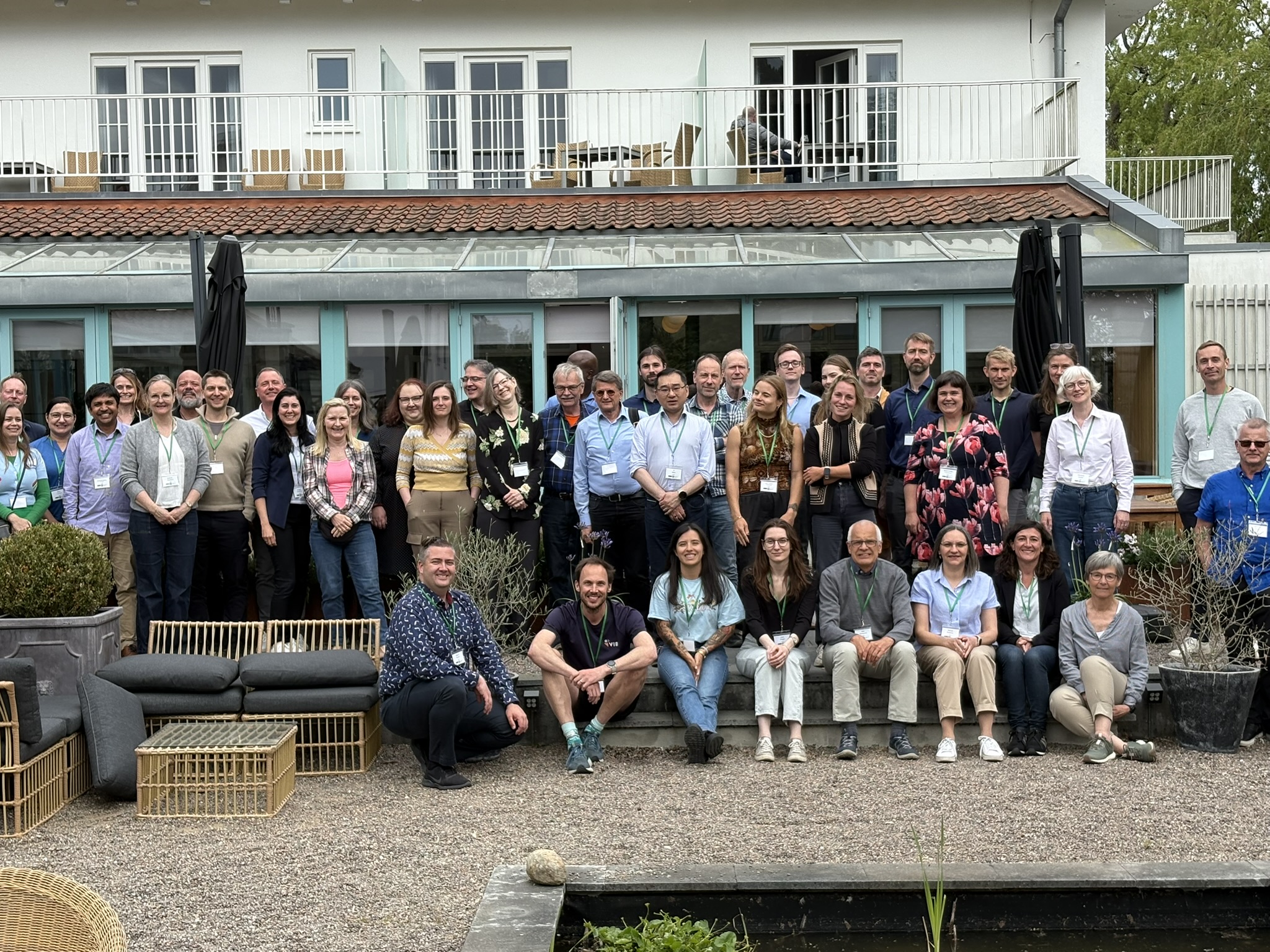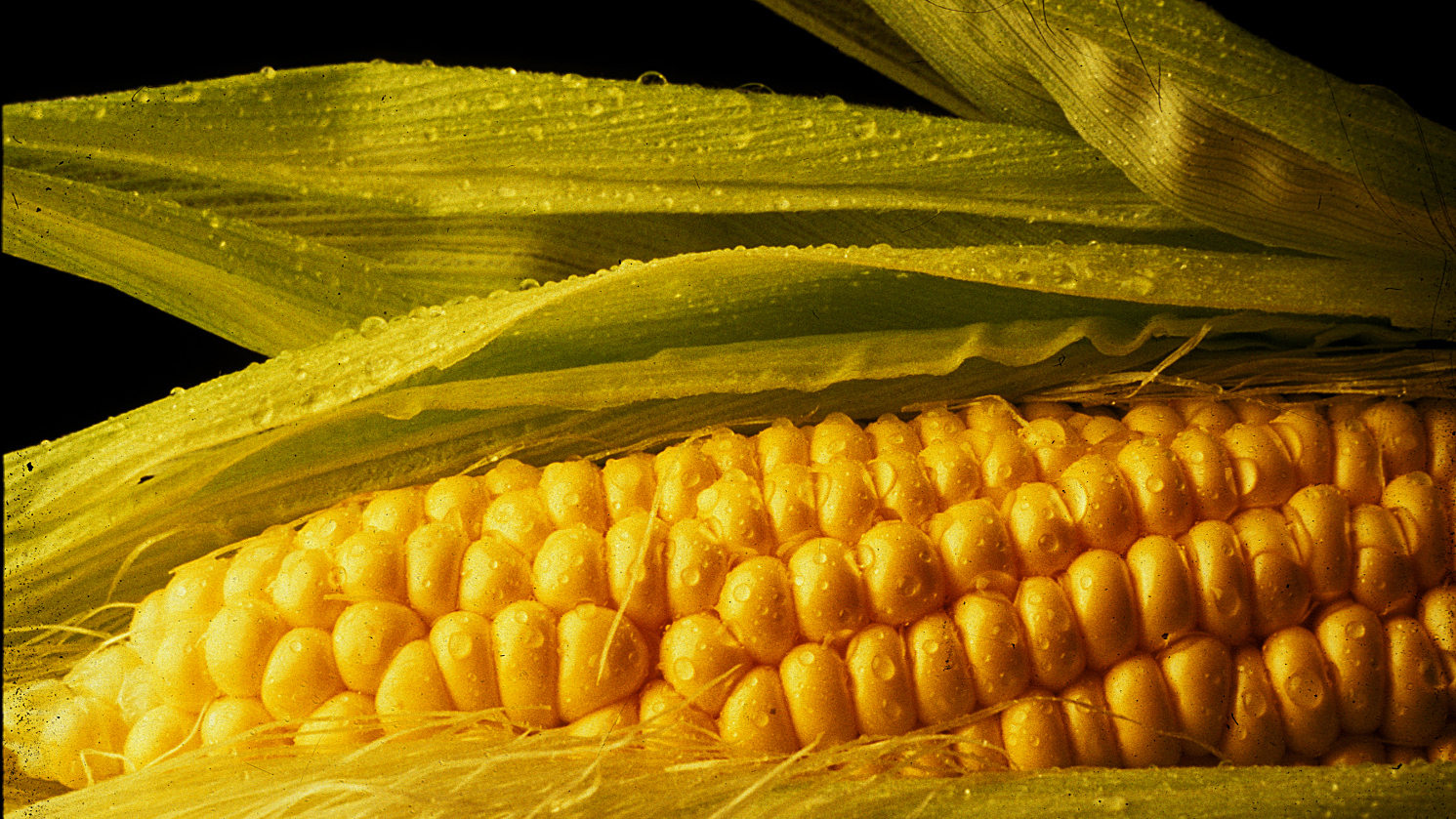
The Cubeta Lab
- A phylogenetic study of the Cantharellales supports recognition of four families and independent gains of biotrophic nutritional modes, American Journal of Botany (2025, June 1)
- Cold atmospheric plasma improves antifungal responsiveness of Aspergillus flavus and Fusarium keratoplasticum conidia and mycelia, PLoS ONE (2025, August 11)
- Hidden treasures of herbaria – even small collections contain a wealth of diversity: the powdery mildews of the North Carolina State Larry F. Grand Mycological Herbarium, IMA Fungus (2025, June 10)
- Cold atmospheric plasma inactivates Aspergillus flavus and Fusarium keratoplasticum biofilms and conidia in vitro, Journal of Medical Microbiology (2024, July 10)
- Inactivation of siderophore iron‐chelating moieties by the fungal wheat root symbiont Pyrenophora biseptata, Environmental Microbiology Reports (2024, January 19)
Marc Cubeta
Professor, Soil Mycology and Plant Disease Ecology | Associate Director, CIFR
Office phone: 919-513-1227,
Lab phone 919-513-4840,
Fax: 919-513-0024
macubeta@ncsu.edu
225 Partners Building III
851 Main Campus Drive,
Raleigh, NC 27606
Education
Ph.D. 1991 Plant Pathology, NC State University, Raleigh
M.S. 1983 Plant Pathology, University of Illinois, Urbana
B.S. 1980 Plant and Soil Science, University of Delaware, Newark
Bio
My laboratory is interested in understanding the ecology and population genetics of soil fungi that cause plant disease. The ultimate goal of my research program is to generate science-based knowledge that will result in the deployment of improved disease management approaches that reduce economic losses to plant disease while promoting increased productivity, sustainability and plant health. For many years we have studied the soil fungusRhizoctonia solani, which is an economically important pathogen of agricultural and forestry crops throughout the world. However, the fungus can also infect non-cultivated species of plants in natural ecosystems and is of ecological importance as a recycler of nutrients in soil. Research conducted in my laboratory has provided a conceptual framework for identifying species of R. solani to better define populations to advance our understanding of the evolutionary history and disease ecology of the fungus. Our research suggests that R. solani is not a single species, but is a genetically diverse assemblage of species that represent an important early diverging and transitional group of the mushroom forming fungi. Current research in my lab is focused on the use of “omic”-based methods to better understand the genetic basis of how R. solani produces microsclerotia, which are structures that promote long-term survival of the fungus in soil in absence of a plant host. More recently we have been involved in the study of Rhizoctonia fungi associated with terrestrial species of orchids. These fungi benefit orchids by increasing seed germination and seedling growth. Information generated from this collaborative research project is being used to develop improved approaches to conserve terrestrial species of orchids native to the US.





